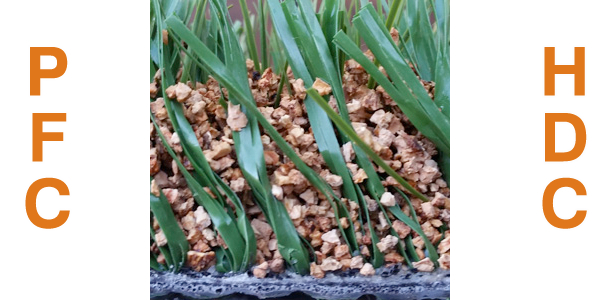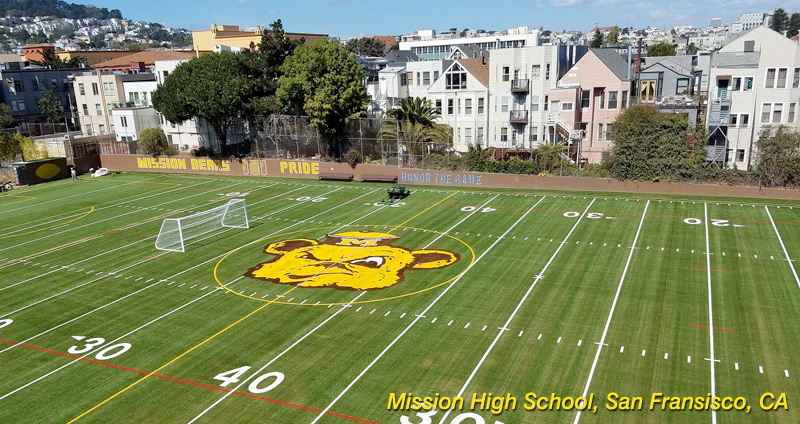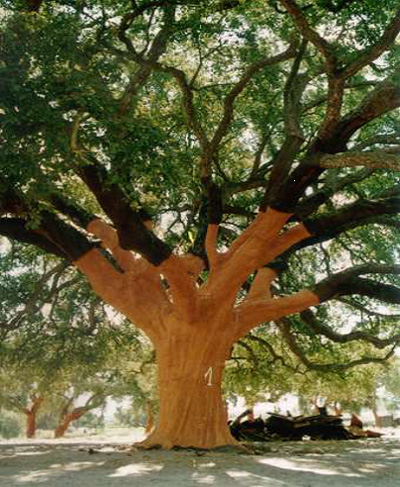PFC: Pure Cork ProFormance Infill
THE GREENPLAY® ADVANTAGE
Greenplay Organics provides only the best-available, proven and tested, high-performance, 100 percent natural and completely safe artificial grass infill systems for synthetic turf applications. We are the very first team in the United States to introduce organics into synthetic turf fields and have continued to do so since 2006. Trust the leader in organics with the proven pedigree... Greenplay®.
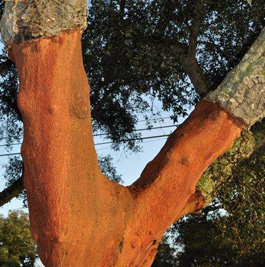
Trees are not harmed in any way from harvesting. Our product is sourced from carefully managed and protected environments on the coast of Portugal. We are key promoters of the Forest Stewardship Council (FSC) and certified in both the principals and proper stewardship of forest management in Portugal. The bark from the indigenous oak trees is harvested in sequence every nine years with the trees living for more than 150 years.
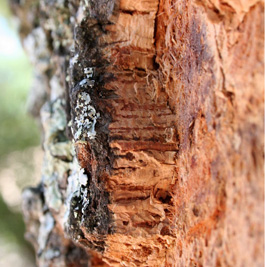
What makes PFC ProFormance Cork, superior to other cork infill products is that we utilize the inner, lower-density portion of the bark as opposed to the higher-density, outer portion of the bark. This is very important with regards to durability and performance. When compared, the lower-density material (+/- 140 kg/m3) utilized for PFC will remain resilient and outlast the more brittle (+/- 200 kg/m³ or higher) and inferior-quality outer material.
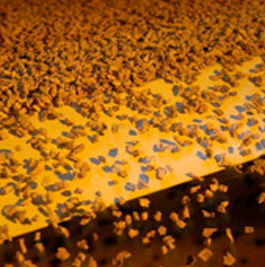
PFC ProFormance Cork, is an established and proven granular cork and sand infill system for synthetic turf. Greenplay Organics has partnered with a leading producer and innovator of the highest-quality granular cork, tested to meet or exceed FIFA one and two star standards for sports applications. Over the last five years, this same specification has been successfully utilized in diverse climates from Europe to North America.
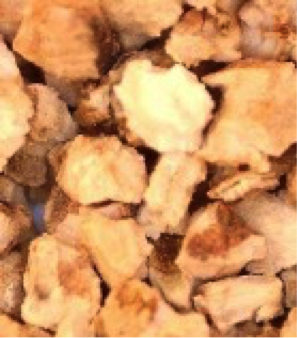
PFC Pre-Abrasion Close
Particle size: 1-2.5 mm
Bulk density: 129 kg/m3
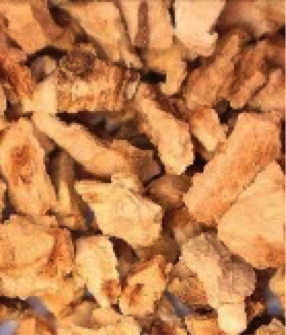
PFC Post Abrasion Close
Particle size: 0.8-2.5 mm
Bulk density: 134 kg/m3
DURABILITY
Sports Labs USA was commissioned to perform a modified LA Abrasion test to show the different amount of breakdown between our PFC medium density and HDC high density cork granules. Both specifications were subjected to 1000 revolutions within the LA Abrasion machine. Gradations were performed to the EN 933-1 Standard.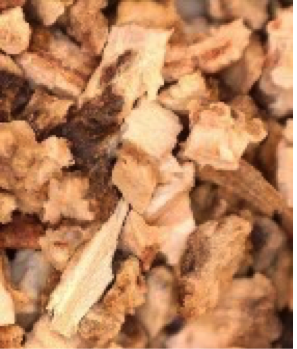
HDC Pre-Abrasion Close
Particle size: 0.8-2.5 mm
Bulk density: 200 kg/m3
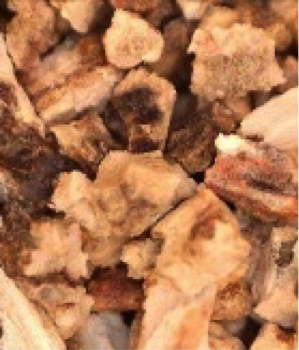
HDC Post Abrasion Close
Particle size: 0.8-2.0 mm
Bulk density: 265 kg/m3

